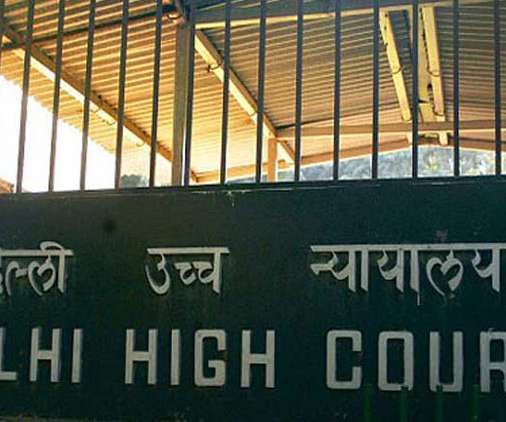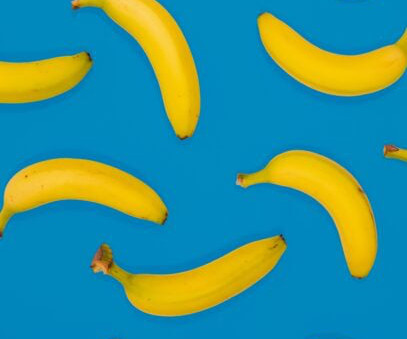17 Copyright and/or Plagiarism Stories for Halloween
Plagiarism Today
OCTOBER 27, 2021
However, that is just the latest in a decade-long history of discussing copyright, plagiarism and other authorship issues as they pertain to Halloween and horror. So, this year we’re going to take a look back at the various tales of copyright infringement and/or plagiarism that we’ve looked at over the years.












Let's personalize your content